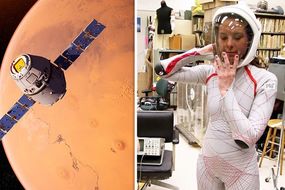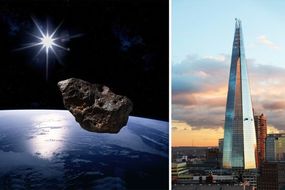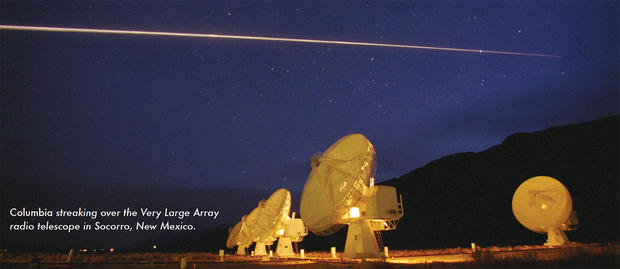Mars mission blow: Experts reveal major health consequences of space travel – Express.co.uk
FUTURE space missions could be in jeopardy after researchers discovered major health consequences associated with space travel.
As the likes of China and NASA look to put the first people on Mars in the coming decades, the space agencies may be forced to reevaluate their strategy after latest research found just how much space travel takes its toll on the human body. The latest study analyses how zero-gravity effects the body, specifically blood flow. Without the use of gravity helping the heart in pumping blood around the body, astronauts are exposed to a plethora of health issues.
According to the research published in the journal JAMA Network Open, space travellers are at an increased risk of strokes, blood clots, decrease in plasma volume – which makes up 55 percent of blood and contains water, salts, enzymes, antibodies and other proteins – and even backwards blood flow.
The international collaboration of researchers said the main issues came within the internal jugular vein (IJV), which runs down the neck from the brain.
A study of 11 astronauts found six of them had developed stagnant or backwards blood flow in thew IJV after spending just 50 days on the International Space Station (ISS).
With a trip to Mars likely to take at least seven months, experts may be forced to reanalyse the mission before astronauts are sent on their way.
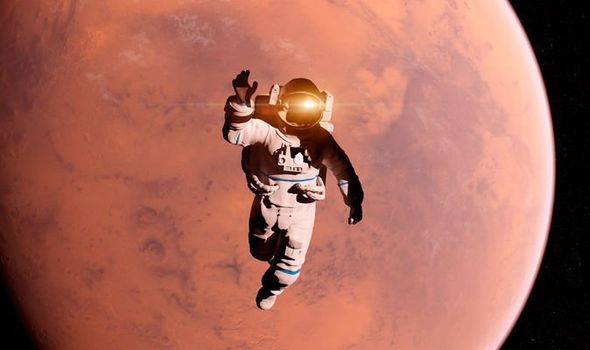
Mars mission blow: Experts reveal major health consequences of space travel (Image: GETTY)
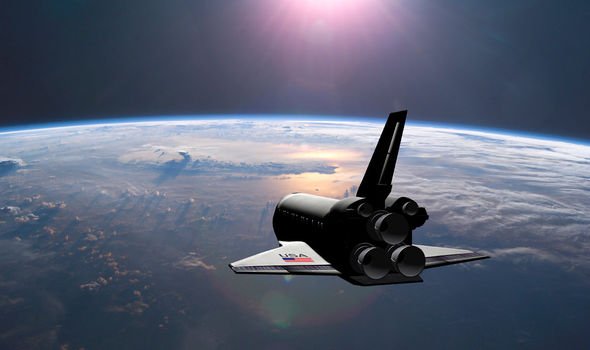
Space travel takes a toll on the body (Image: GETTY)
The team said in their research paper: “Exposure to a weightless environment during spaceflight results in a chronic headward blood and tissue fluid shift compared with the upright posture on Earth, with unknown consequences to cerebral venous outflow.
“Headward fluid shifts during prolonged weightlessness result in facial puffiness, decreased leg volume, increased stroke volume, and decreased plasma volume.
“[These] are novel findings that may have significant human health implications for civilian spaceflight as well as future exploration-class missions, such as a mission to Mars.”
Before NASA gets to Mars, it first has to return to the Moon.
READ MORE: NASA ERROR: Space Agency forced to rename asteroid Ultima Thule
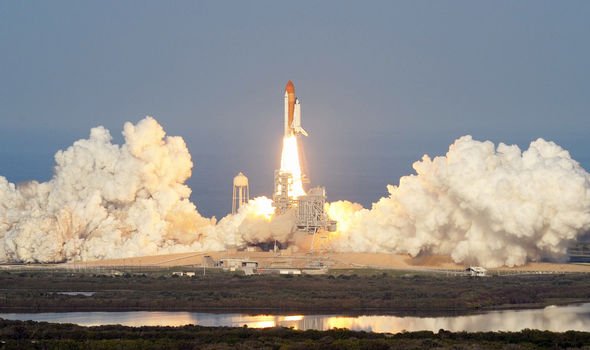
NASA will send humans to Mars in the coming decades (Image: GETTY)
NASA’s first mission will see them place humans back on the Moon for the first time since 1972.
The space agency has decided it has unfinished business on our lunar satellite and wants to set up a permanent base on the Moon, with the missions hopefully taking place in 2024.
NASA administrator Jim Bridenstine made the announcement that he wants to set up a lunar colony and called on “the best and brightest of American industry to help design and develop “human lunar landers”.
The base would be used as a checkpoint between Earth and Mars while also allowing astronauts to study the Moon in close detail.
DON’T MISS
NASA video: Stunning moment Earth and Mercury became PERFECTLY aligned [VIDEO]
Final (summer holiday) frontier! Space hotel to open in 2025 [ANNOUNCEMENT]
NASA reveals MIND-BLOWING time scale of dinosaurs [INSIGHT]
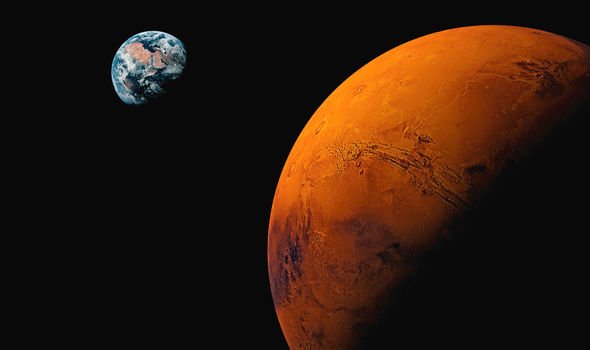
The journey to Mars could take seven months (Image: GETTY)
And Mr Bridenstine Bridenstine has said that the first people to get to Mars could be women.
After the first all-female spacewalk took place outside of the ISS on October 19, Mr Bridenstine praised the role women have had in the space.
After the historic mission Mr Bridenstine said: “We could very well see the first person on Mars be a woman.
“I think that could very well be a milestone. If my 11-year-old daughter has her way, we’ll have a woman on Mars in the not-too-distant future.”


